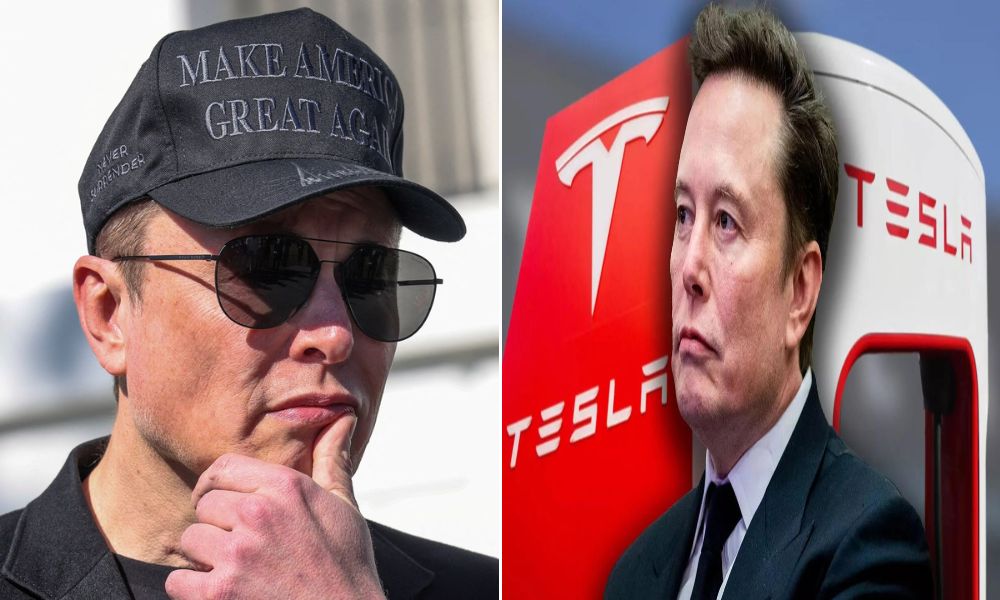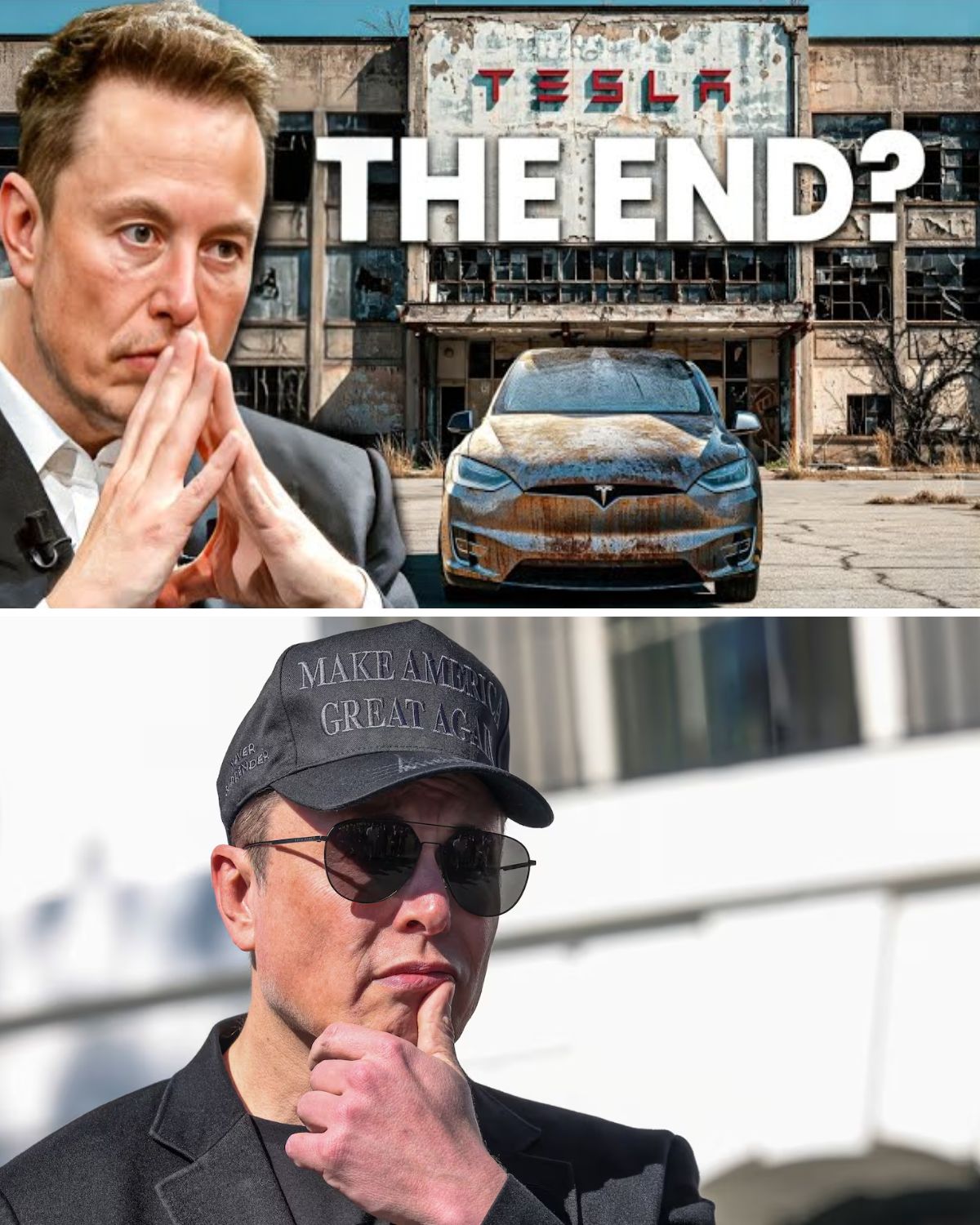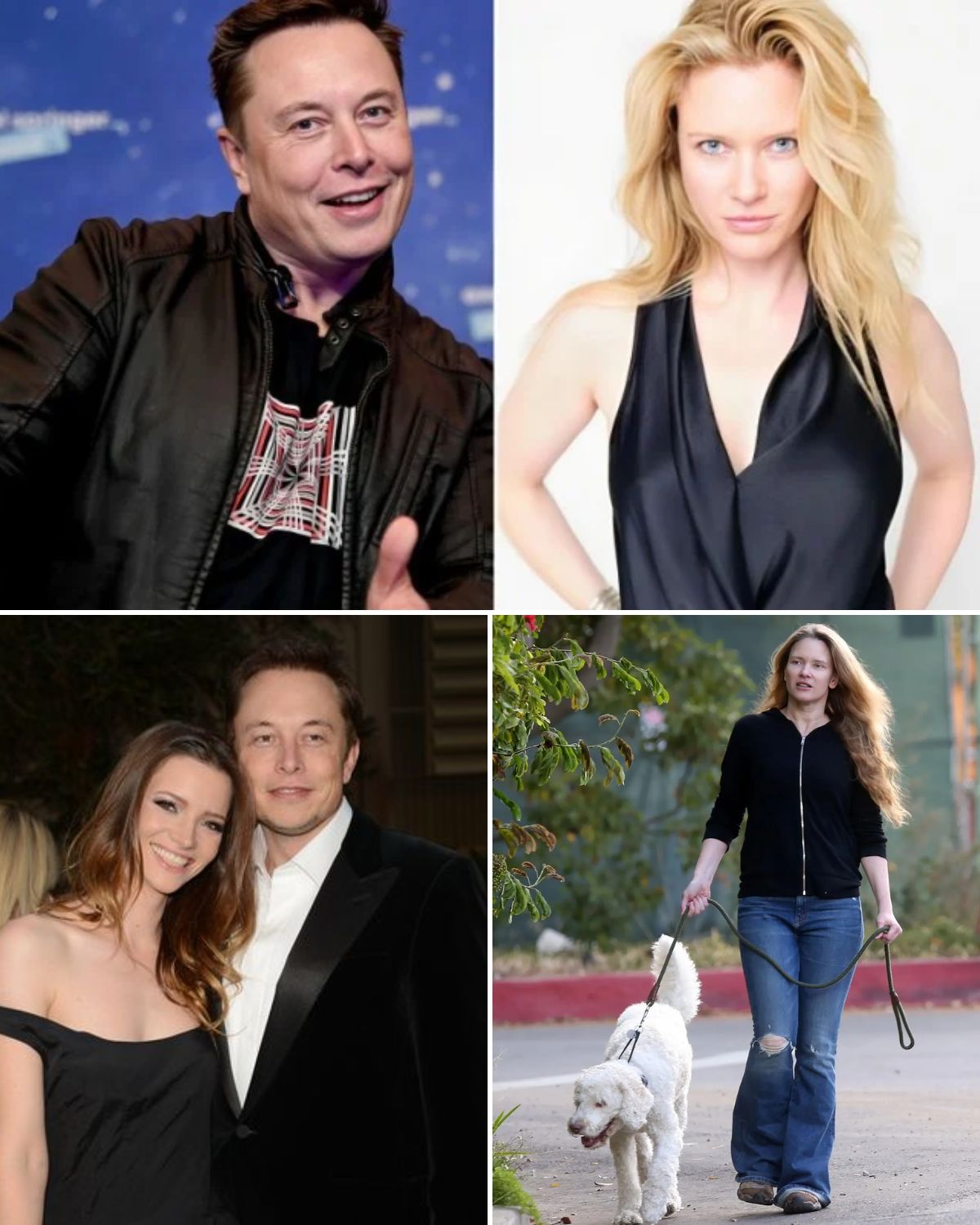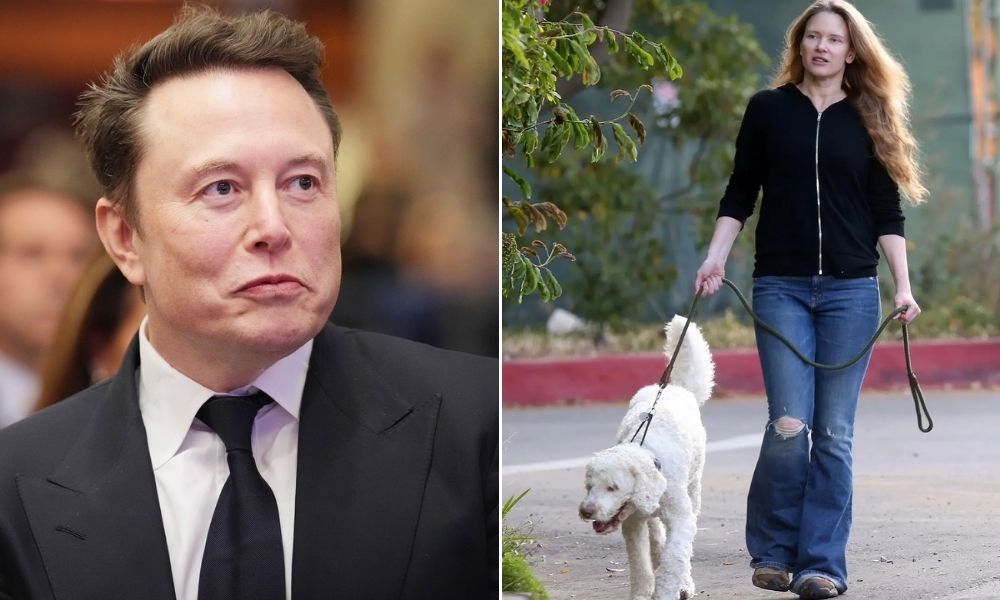“Something needs to change,” Elon Musk wrote on his social network X.
Elon Musk has slammed the lack of reciprocity in the US-China tech relationship, a rare criticism from the world’s richest man on sensitive issues with China after President Donald Trump moved to delay a ban on TikTok in the US.

Elon Musk has long sought to maintain close ties with officials in China, a core market and manufacturing hub for Tesla, and for years he has been cautious in his statements about China.
However, Elon Musk said “something needs to change” after Trump said he would “most likely” extend the deadline for Chinese conglomerate ByteDance to divest from TikTok, which faced a ban under US law that caused the app to temporarily stop working for a short time over the weekend.
Elon Musk said he opposes banning the popular short-form video app on free speech grounds, but “the current situation where TikTok is allowed to operate in the US, but X is not allowed to operate in China, is unbalanced.”
“Something needs to change,” the 53-year-old American billionaire wrote in a post on X.
Asked about Elon Musk’s comments, Chinese Foreign Ministry spokesman Mao Ning said Beijing welcomes any company that abides by its laws and that Chinese corporations abroad have an obligation to abide by local rules.
Responding to Mr Trump’s proposal for a US entity to share ownership of TikTok 50-50 with ByteDance, Ms Mao Ning said Chinese corporations should “make their own decisions” about operations and deals.
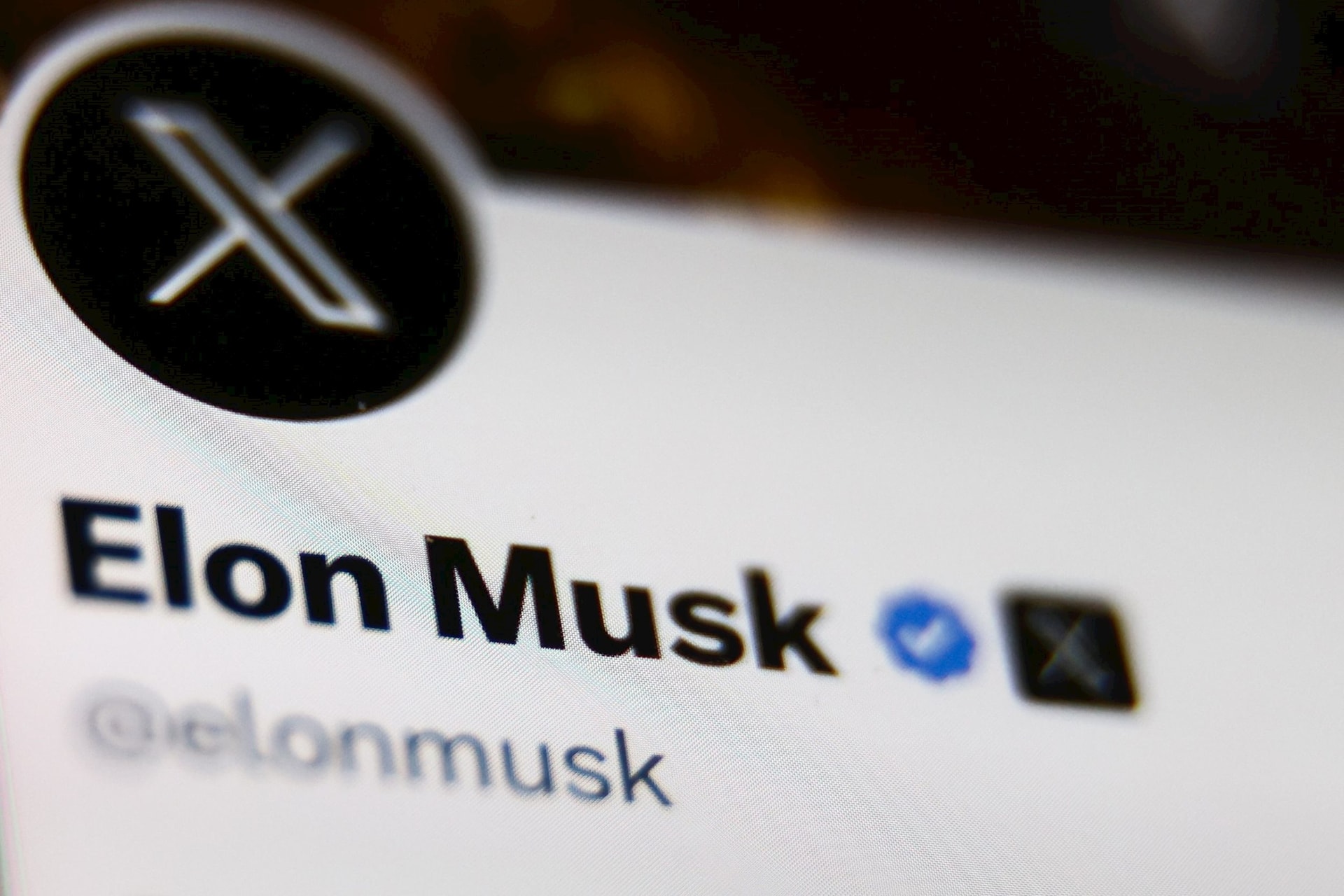 Elon Musk wants X to operate in China – Photo: Internet
Elon Musk wants X to operate in China – Photo: Internet
Elon Musk’s above complaint is milder than the times he fiercely attacked Western politicians and touched on the politics of countries like Germany, UK, and Italy.
But it highlights the Tesla CEO’s potential conflicts of interest between protecting his business interests in China and becoming a confidant to the incoming US president and co-head of the Department of Government Efficiency.
Tesla made nearly a quarter of its sales in the third quarter of 2024 from China and exported more electric cars from its Shanghai factory to third countries.
Some analysts believe China is pinning its hopes on Musk as a potential intermediary with Trump, who has vowed to raise tariffs on imports from the Asian powerhouse. Chinese officials have previously discussed using Musk as a bridge to resolve the TikTok issue in the United States.
On January 19, Elon Musk met with Chinese Vice President Han Zheng, who will represent President Xi Jinping at Trump’s inauguration on January 20. The presence of a high-ranking Chinese official like Han Zheng is unprecedented at US presidential inaugurations, where Beijing is usually represented by its ambassador to Washington.
“Han Zheng met with Elon Musk and welcomed US companies, including Tesla, to seize opportunities and share the fruits of China’s development,” Xinhua news agency reported.
Mr. Han Zheng met with business leaders from the US-China Business Council and the US Chamber of Commerce on January 19, as well as US Vice President-elect JD Vance.
Han Zheng and JD Vance discussed the deadly synthetic opioid fentanyl, an issue that successive US administrations have urged China to control, as well as regional stability and trade balance, according to the Trump-Vance transition team.
Opioids are a group of natural, semisynthetic, and synthetic substances that act similarly to morphine, an alkaloid found in the opium poppy. They act on opioid receptors in the brain and produce a variety of effects, including pain relief, addiction, and respiratory depression.

American business leaders have previously played a calming role in the often volatile US-China relationship, a role that China appears to want to encourage ahead of Mr Trump’s second term as US president.
Han Zheng described US businesses as the “backbone” of the relationship between the two countries and called on businesses to “play an active role as a bridge” in US-China relations, Xinhua said.
Last week, Bloomberg reported that Chinese officials were evaluating a potential option that would involve Elon Musk buying TikTok’s U.S. operations if ByteDance fails to fight the ban. Chinese officials would prefer TikTok remain under the ownership of its parent company, ByteDance.
A potential mega-deal with one of Mr. Trump’s closest allies has appeal to the Chinese government, which is expected to have a say in whether TikTok is ultimately sold, Bloomberg News reported . Elon Musk has spent more than $250 million to support Mr. Trump’s reelection and was tapped to co-head the Department of Government Efficiency with businessman Vivek Ramaswamy.
However, TikTok denied the news that it wanted to sell its US operations to Elon Musk, according to BBC.

